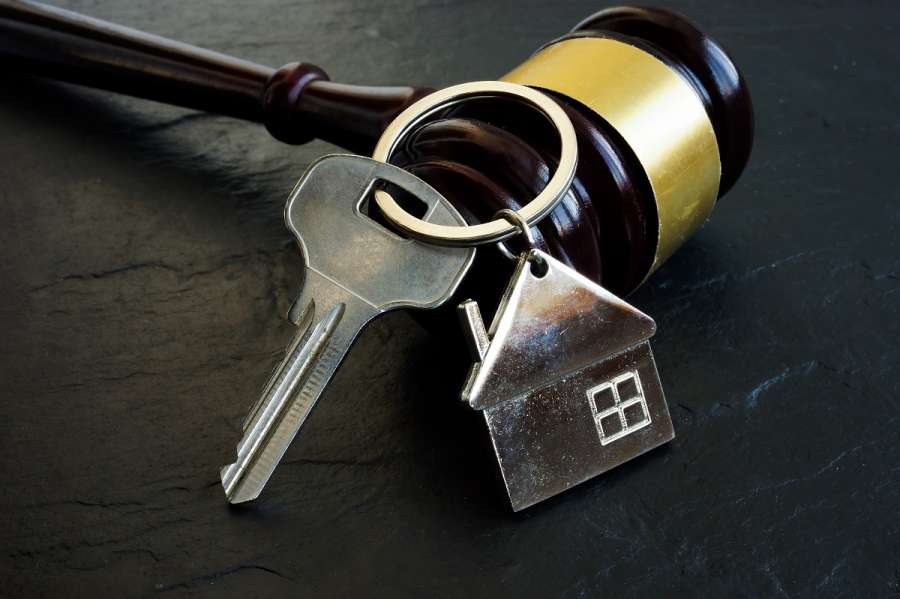
What is a rent deposit?
To provide security for the payment of rent or the performance of a tenant's covenants in a commercial lease, a landlord will typically require a deposit of money to be paid by the tenant.
Rent deposits are attractive to landlords as they provide an immediate source of money in the event of non-payment of rent or the financial consequences of a breach of the lease. Having an accessible pot of money prevents the landlord from having to take legal proceedings to recover any debt.
Rent deposits are also advantageous to tenants as they prevent having to use alternative forms of security such as bank guarantees, which involve the tenant having to make additional payments to the bank to secure a payment or personal guarantees from directors, which means that their personal interests are protected.
A rent deposit is usually required by a landlord on the grant of a lease or before a landlord gives their consent to the assignment of a lease if:
- The tenant is a company located overseas, with few UK assets;
- The tenant shows signs of weak financial status;
- A tenant's covenants are weak and insufficient to the landlord.












